For I have endured insults because of you, and shame has covered my face, Psalm 69:7
For I have endured insults because of you, and shame has covered my face.
-Psalm 69:7


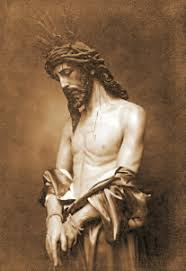
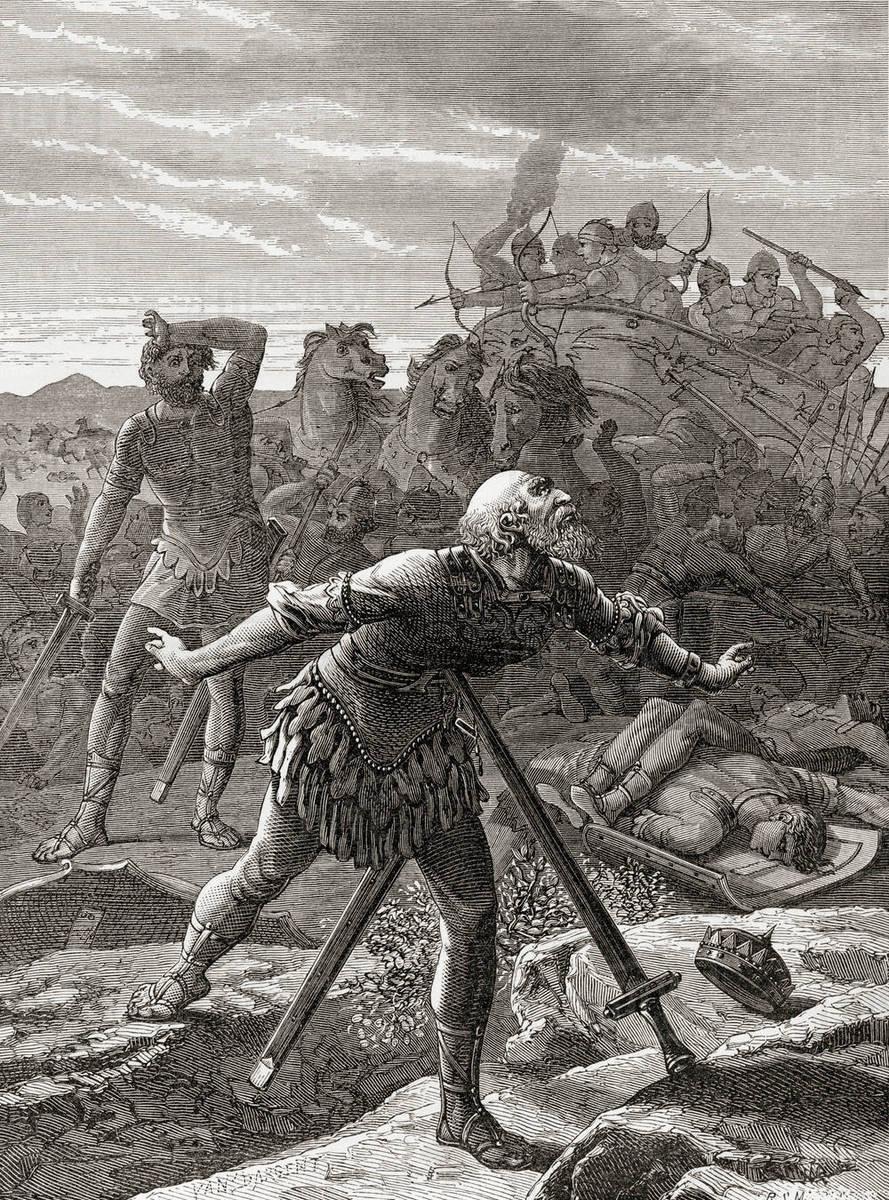

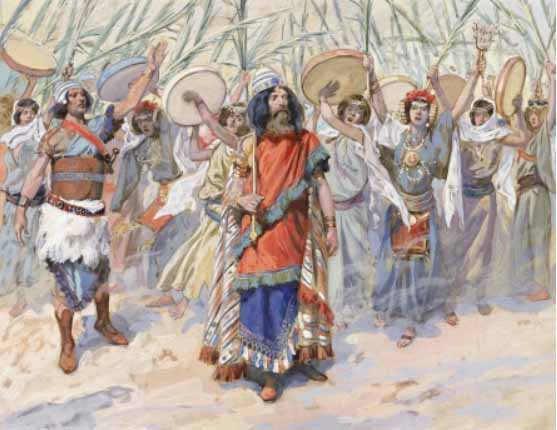

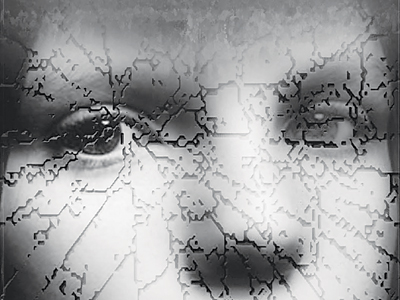
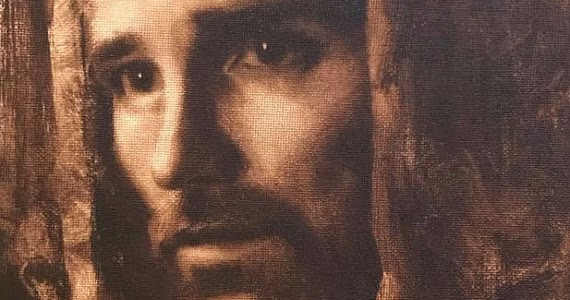
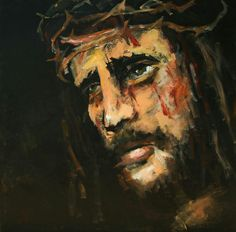
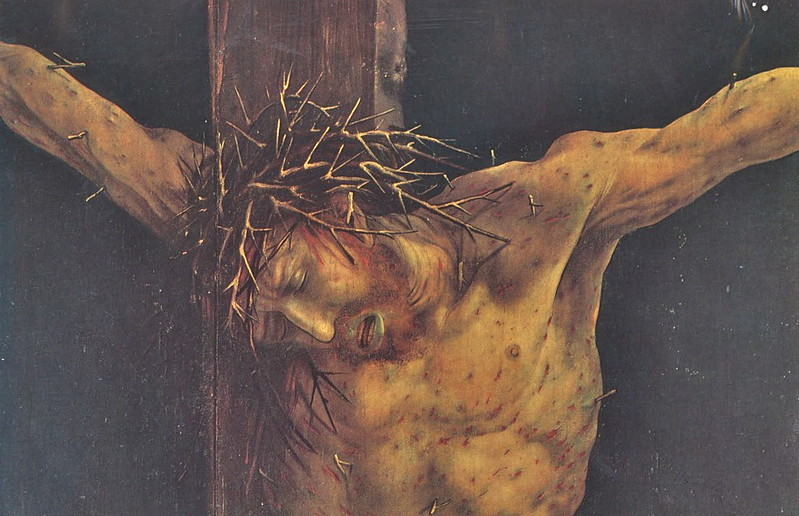
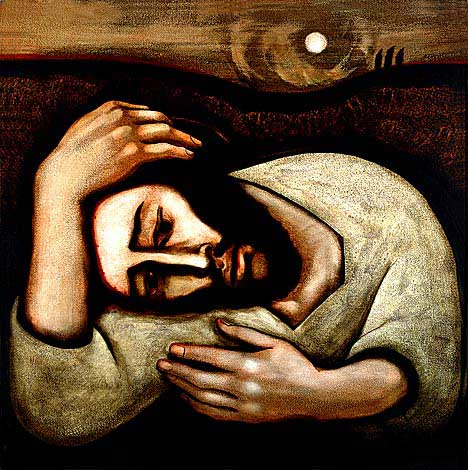
Thomas Goodwin, known as "the Elder", was an English Puritan theologian and preacher, and an important leader of religious Independents. He served as chaplain to Oliver Cromwell, and was imposed by Parliament as President of Magdalen College, Oxford, in 1650.
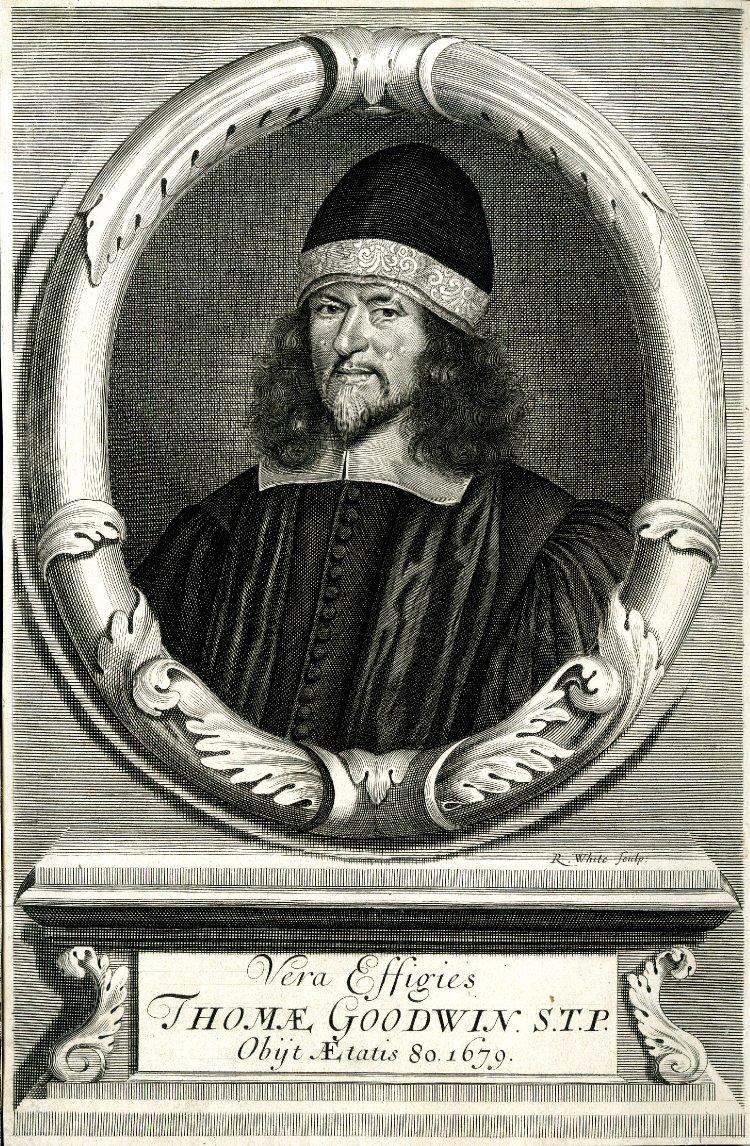
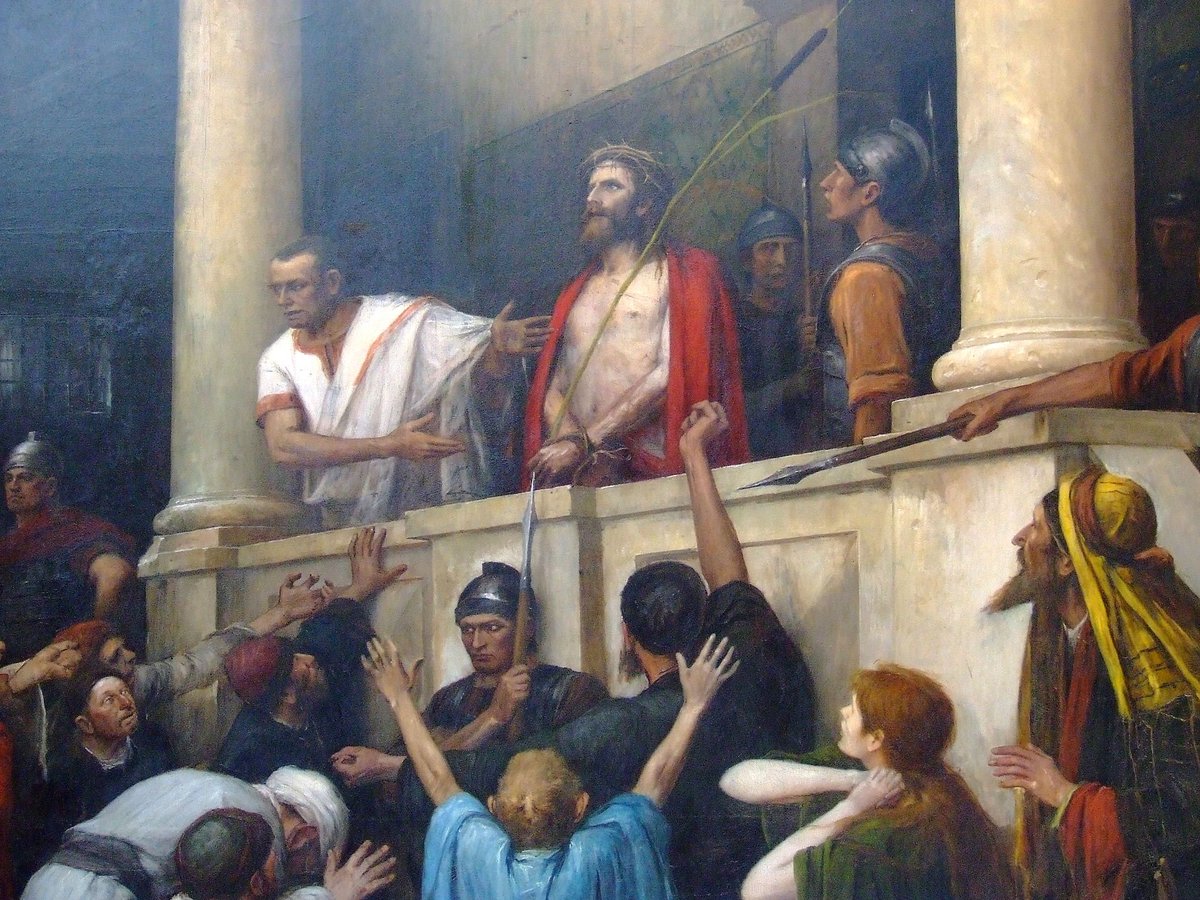
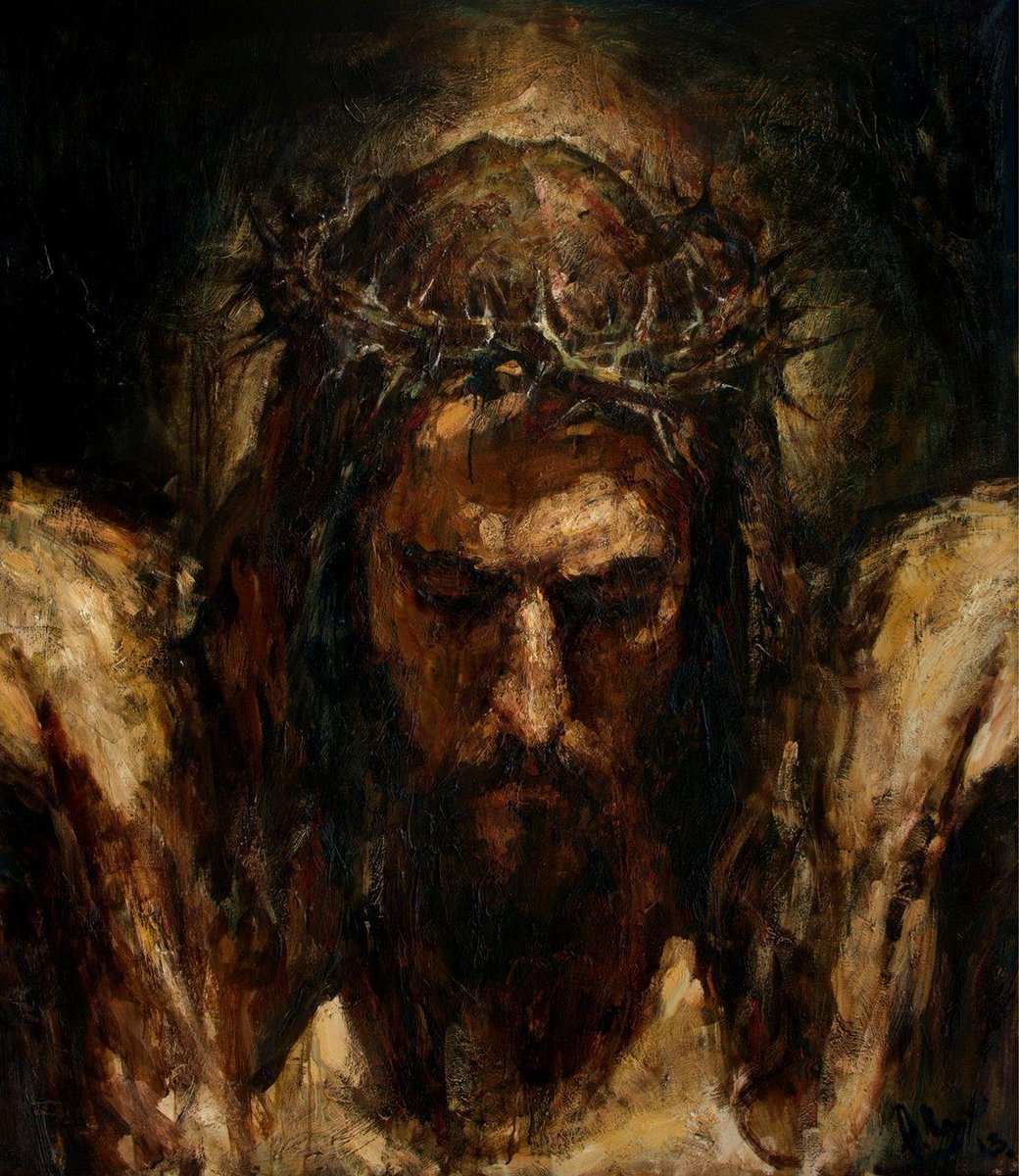
-Psalm 69:7

In this Psalm the whole Christ speaks; now in his own person, now crying with the voice of his members to God his father.
- Gerhohus
(Gerhoh of Reichersberg was one of the most distinguished theologians of Germany in the twelfth century. He was provost of Reichersberg)

Thomas Goodwin:
"Shame hath covered my face." It is a great question whether shame or death be the greater evil. There have been those who have rather chosen death, and have wiped off a dishonour with their blood,

So Saul slew himself rather than he would fall into the hands of the Philistines, who would have insulted over him, and mocked him as they did Samson.

So that king (Jeremiah 38:19) rather chose to lose his country, life, and all, than to be given to the Jews, his subjects, to be mocked of them.... Confusion of face is one of the greatest: miseries that hell itself is set forth unto us by.

There is nothing that a noble nature more abhors than shame. Honor is a spark of God's image; and the more of God's image there is in any one, the more is shame abhorred by him, which is the debasing of it and so the greater and more noble any one's spirit, the more he avoids it.

To a base, low spirit, indeed, shame is nothing; but to a great spirit (as to David), than to have his "glory turned into shame," as Psalm 4:2, is nothing more grievous. And the greater glory any loseth, the greater is his shame.

What must it be then to Christ, who because he was to satisfy God in point of honor debased by man's sin, therefore of all punishments besides, he suffered most of shame; it being also (as was said) one of the greatest punishments in hell.

And Christ, as he assumed other infirmities of our nature, that made him possible in other thing as to be sensible of hunger, want of sleep, bodily torments, of unkindnesses, contempt; so likewise of disgrace and shame.

He took that infirmity as well as fear; and though he had a strength to bear and despise it (as the author to the Hebrews speaks), yet none was ever more sensible of it.

As the delicacy of the temper of his body made him more sensible of pains than ever any man was, so the greatness of his spirit made him more apprehensive of the evil of shame than ever any was.

So likewise the infinite love and candor of his spirit towards mankind made him take in with answerable grief the unkindnesses and injuries which they heaped upon him.
-Thomas Goodwin


Spurgeon
"Because for thy sake I have borne reproach."
They passed him through the trial of cruel mockings, besmeared his face with spittle, and covered it with bruises, so that Pilate's "Ecce Homo" called the world's attention to an unexampled spectacle of woe and shame.

The stripping on the cross must also have suffused the Redeemer's face With a modest blush, as he hung there exposed to the cruel gaze of a ribald multitude. Ah, blessed Lord, it was our shame which thou wast made to bear! Nothing more deserves to be reproached and despised than sin, and lo, when thou wast made sin for us thou wast called to endure abuse and scorn
...Blessed be thy name, it is over now, but we owe thee more than heart can conceive for thine amazing stoop of love.
-Spurgeon

Comments
Post a Comment